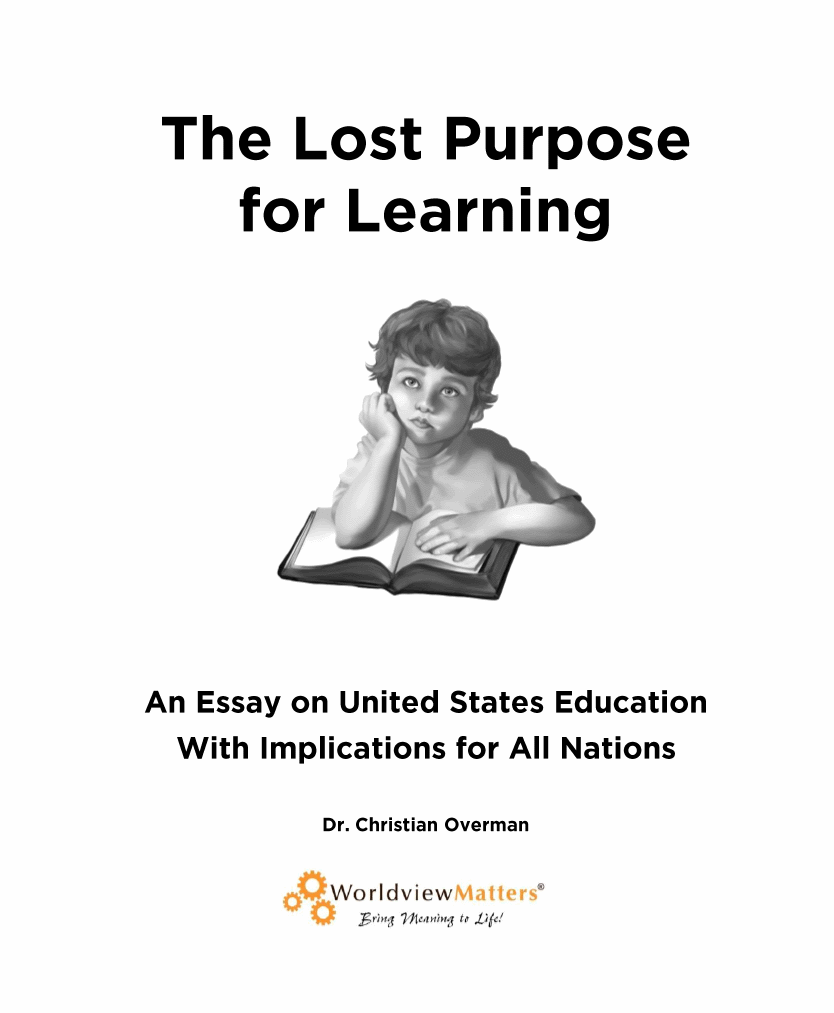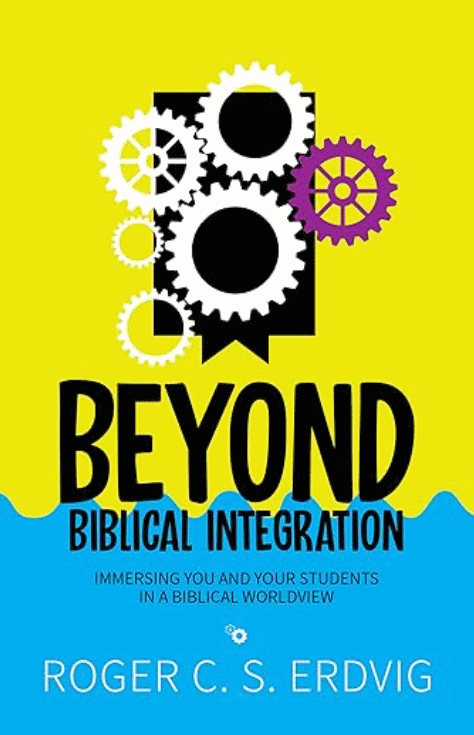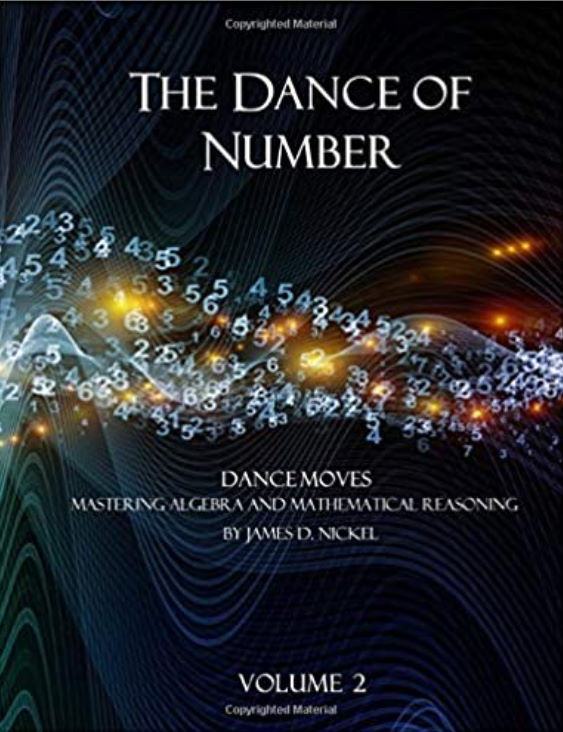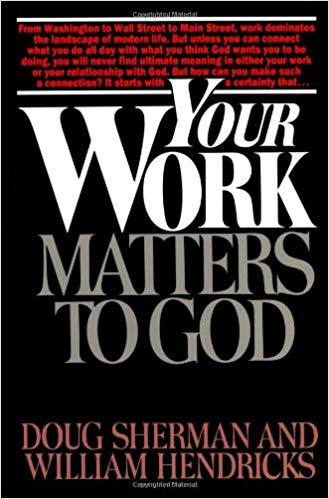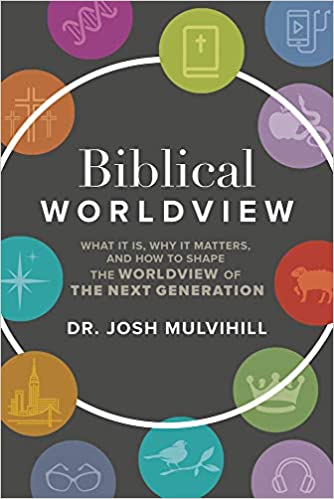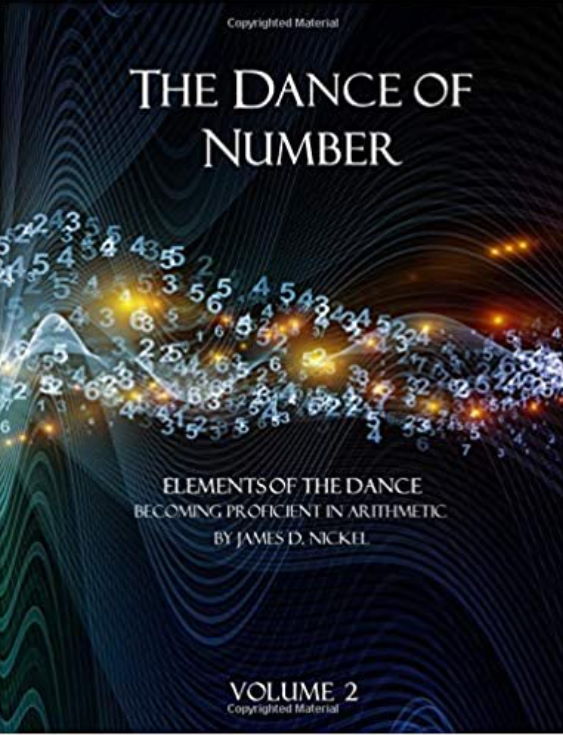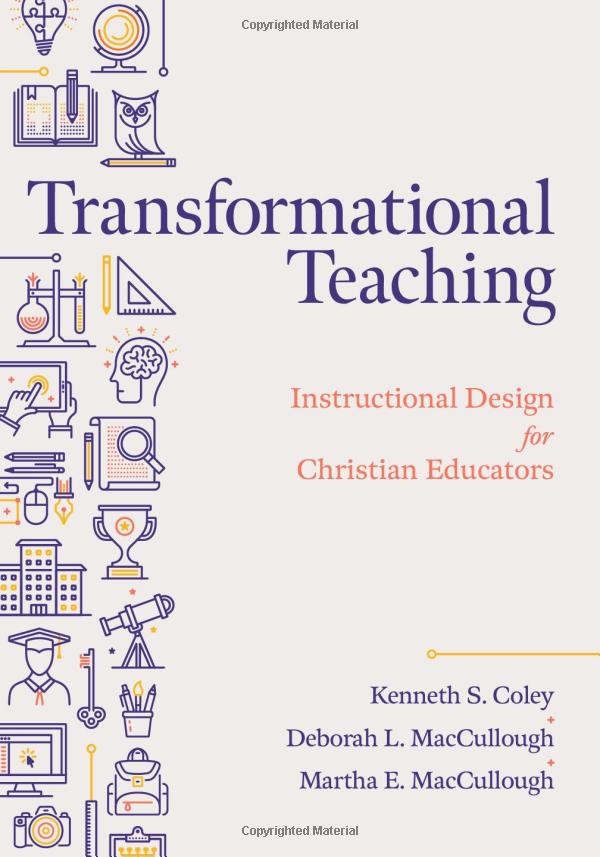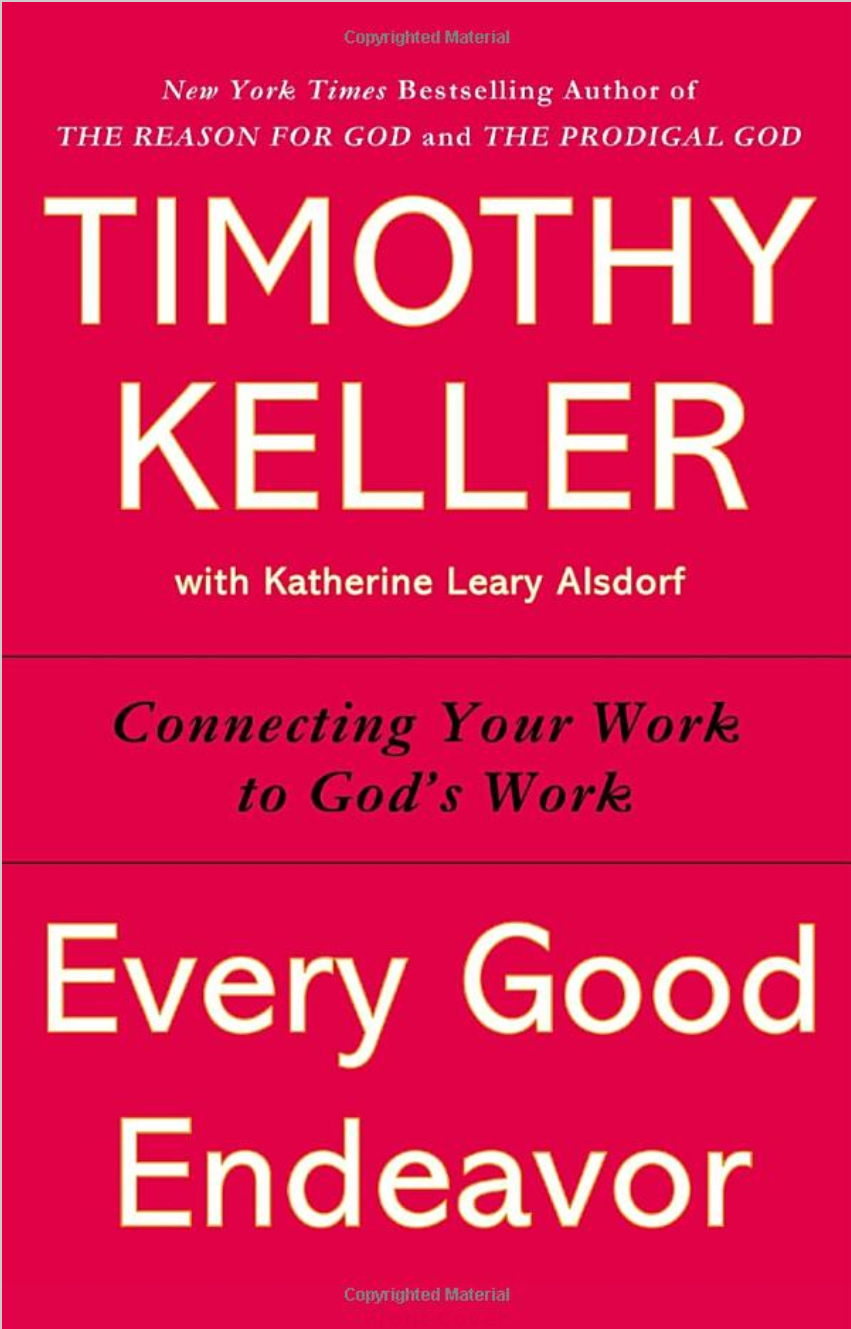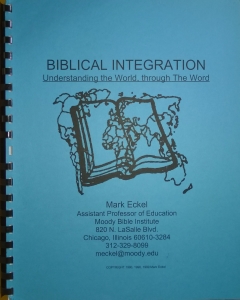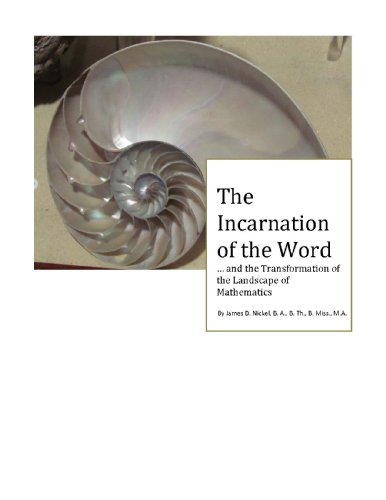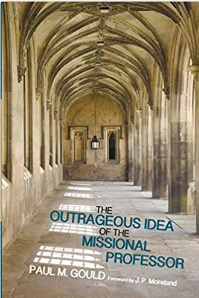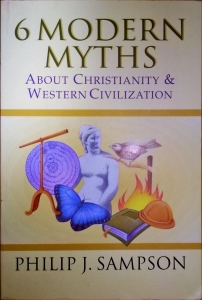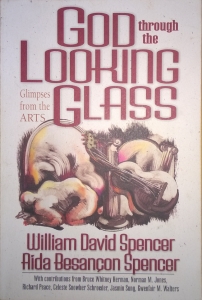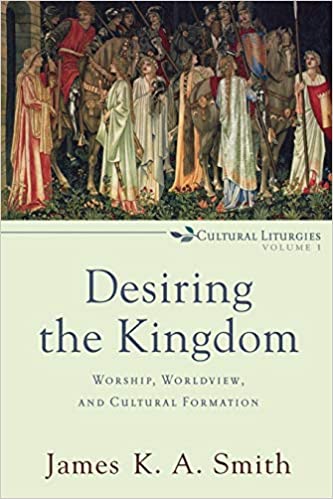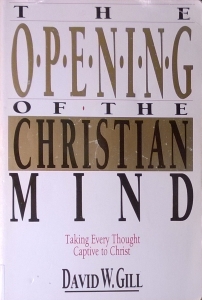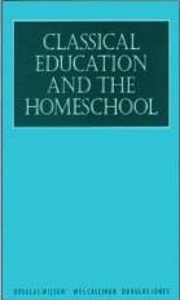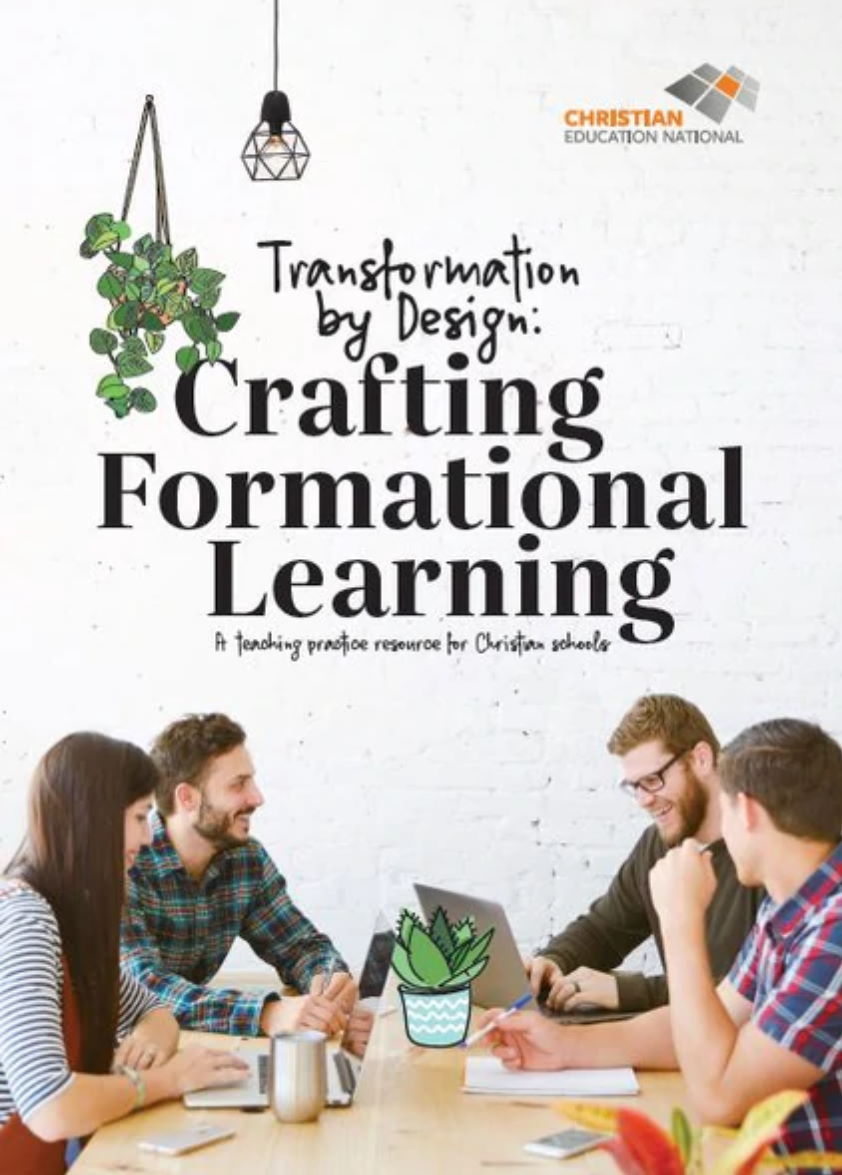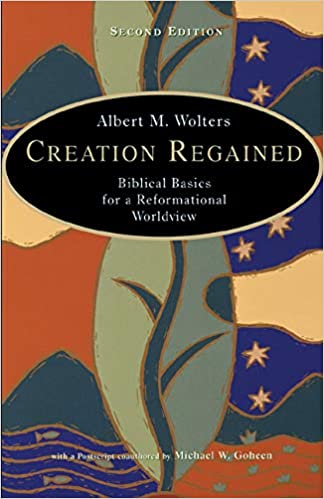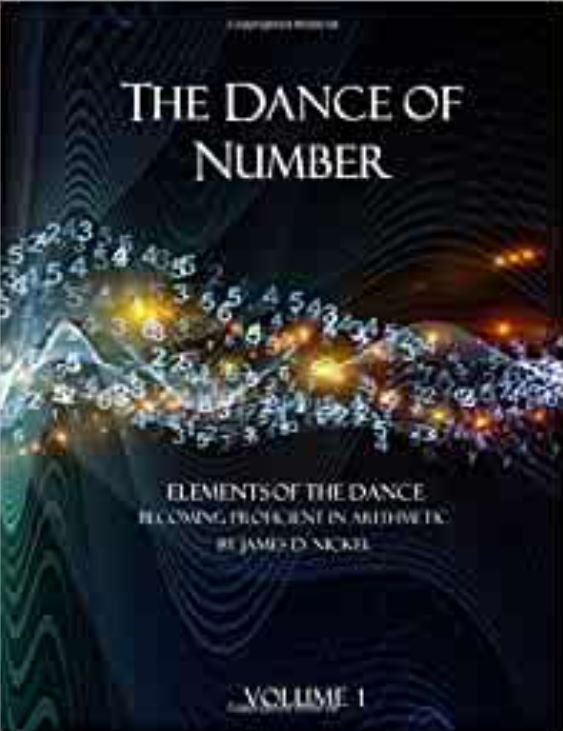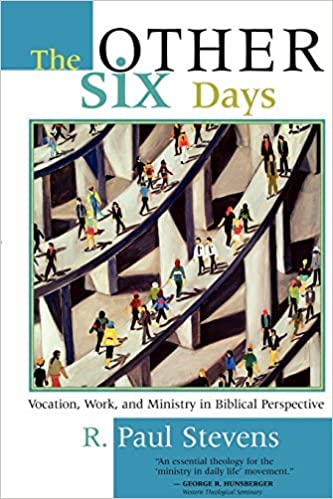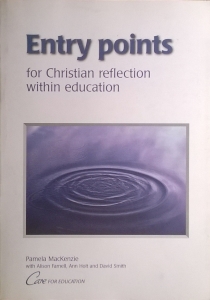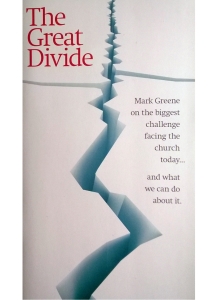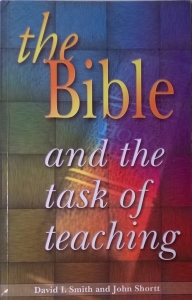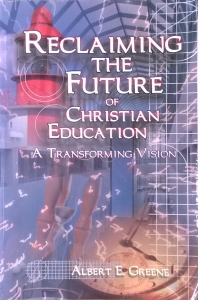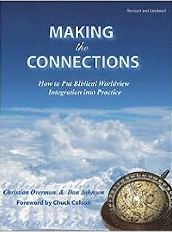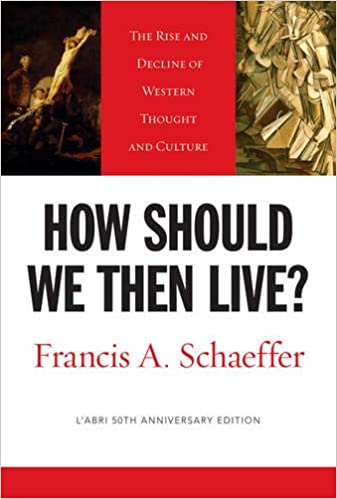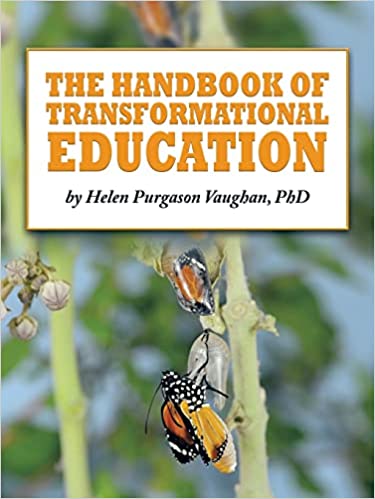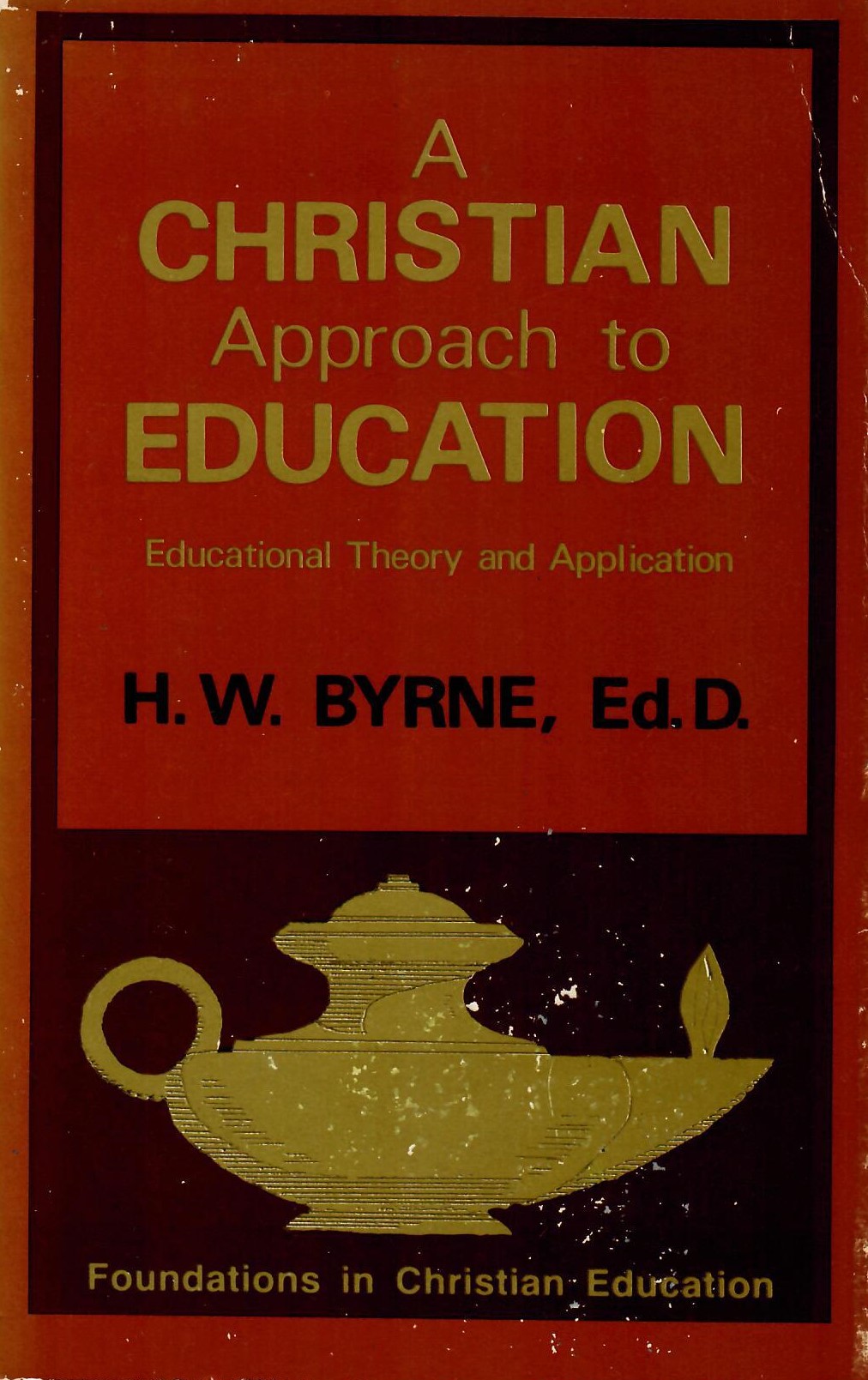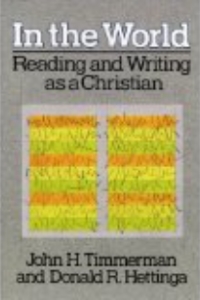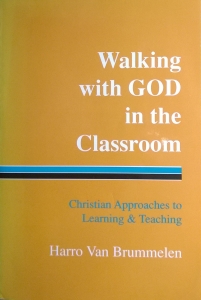Christian Overman’s excellent Friday blog, Worldview Matters, reminded me of an article by David Hill Scott, “A Vision of Veritas: What Christian Scholarship Can Learn from the Puritan's "Technology" of Integrating Truth.” The title might discourage you from reading further, but David Scott has some very worthwhile ideas to consider. I hope the exerpt below will stimulate you to read the whole thing
“Mark Noll has said that the scandal of the evangelical mind is that there is none. Perhaps an even greater scandal is that a widespread flowering of the Christian mind was well under way in the seventeenth and eighteenth centuries, but has since been largely forgotten. Evangelicals often pine over the synthetic intellectual genius of Jonathan Edwards, but—beyond his puritan faith and his background in the Enlightenment—few evangelicals have any idea of the intellectual foundations on which his comprehensive approach to theology, philosophy and science rested. We have so neglected our minds that we have lost our own philosophical history.
In light of the current emaciation of Christian thought, is it really surprising that the modern academy views the believing scholar as a freak specimen? How can Christian scholarship be taken seriously when it presents itself as just a lens, without an identifiable paradigm. The Christian perspective is not perceived as an intellectually serious alternative because it lacks an organizing framework, a comprehensive methodology. As a result, it is dismissed as a merely distorting bias.
While Christian scholars have made headway in the academy, there still is no such thing as a discipline of Christian scholarship. Granted, there has been much discussion about the history of anti-religious discrimination within the university. Resources have even been developed to educate Christians in academia concerning their academic freedom in the classroom. Increasing numbers of scholars are being emboldened to speak out about their faith. In a few fields, such as philosophy, Christian scholars have even begun to earn a hearing by relating the perspective of their faith to certain specific points of their respective disciplines. Most of these efforts, however, tend to be apologetic in character. It is one thing to show that the post-modern mind is intellectually untenable. It is yet another thing to produce is a viable alternative. So far Christian scholarship have failed in this crucial constructive task.
There is no identifiable body of thought which articulates in an intellectual and practical way the Christian view of the integrality of all of knowledge, all of learning and all of life. Think of the next lecture on which you are developing or the article you are in the middle of writing. In that project, what methodology are you using to articulate the linkage between your personal devotion and that piece of work? Furthermore, how would explain the relationship of your current specialized focus of scholarship to that of your colleagues on the other side of campus and to the larger enterprise of truth as a whole? These are the crucial unanswered questions facing Christians scholars today. While this conference has offered a some general guidelines and a few philosophical perspectives, the point is that there is no paradigm or methodology of Christian scholarship.
The Puritans, our intellectual ancestors, on the other hand, were galvanized by the intellectual vision of Veritas: all the arts and sciences—revealed theology included—synthesized into a comprehensive view of truth based on "encyclopedia," the circle of knowledge with the intended result being "eupraxia," the practice of right living. This vision was implemented in their scholarship through a methodology of meta-disciplinary intellectual integration which they called Technologia. Christian scholarship today lacks the cosmic scope of the Puritan mind, because it does not have an intellectual technology of synthesis and application. The thrust of this presentation is that Christian scholarship needs to visualize and begin to develop a similar vision and method for the integration of all knowledge. In order for the faith informed perspective to gain and maintain a significant place in the academy, we believing scholars need to reinvent a technology of intellectual integration. In order to illustrate what such a philosophical framework might look like, the first portion of this paper examine the historical case study of the Puritan mind. It will explain the Puritan method of technologia, recount the story of the historical movement of "Integrationism" that produced it, and will illustrate the Veritas vision under which this school of thought was originally embodied in American higher education. The second half will draw from this case study suggested parameters for the development of a similar intellectual infrastructure for Christian scholarship today.”



